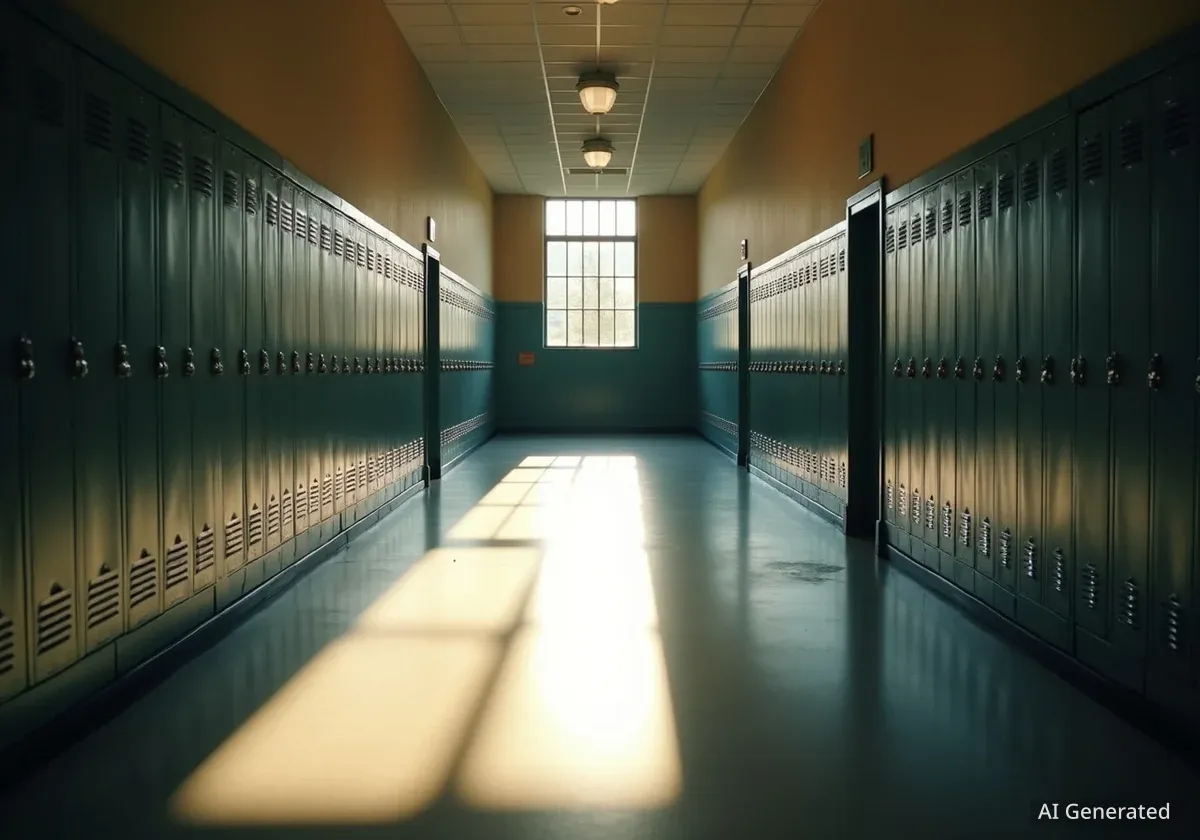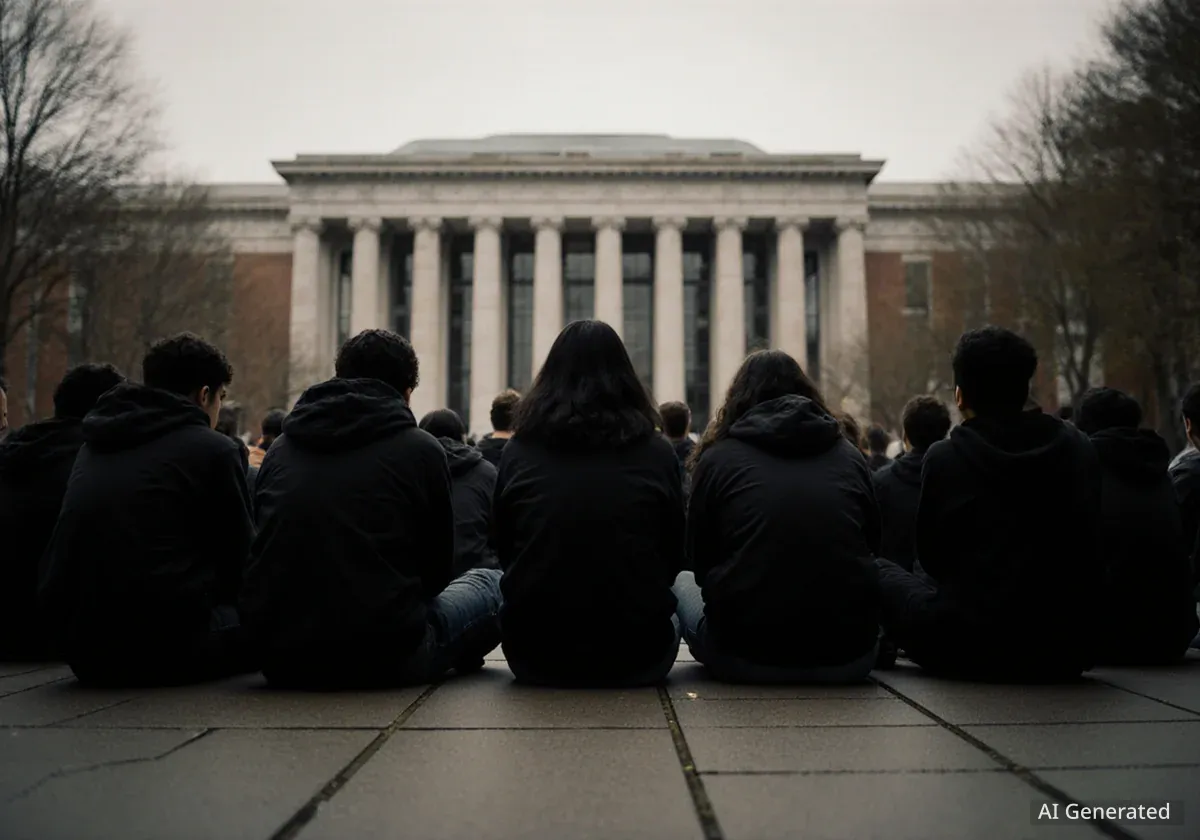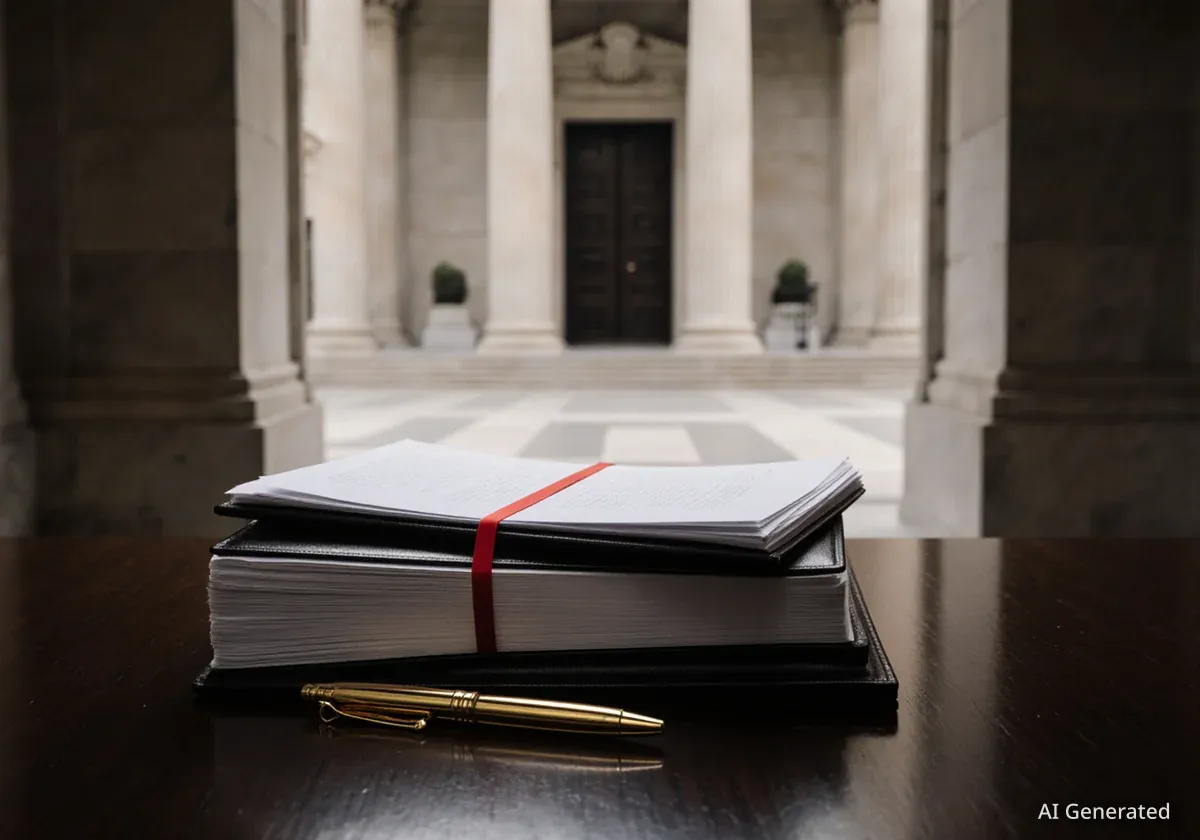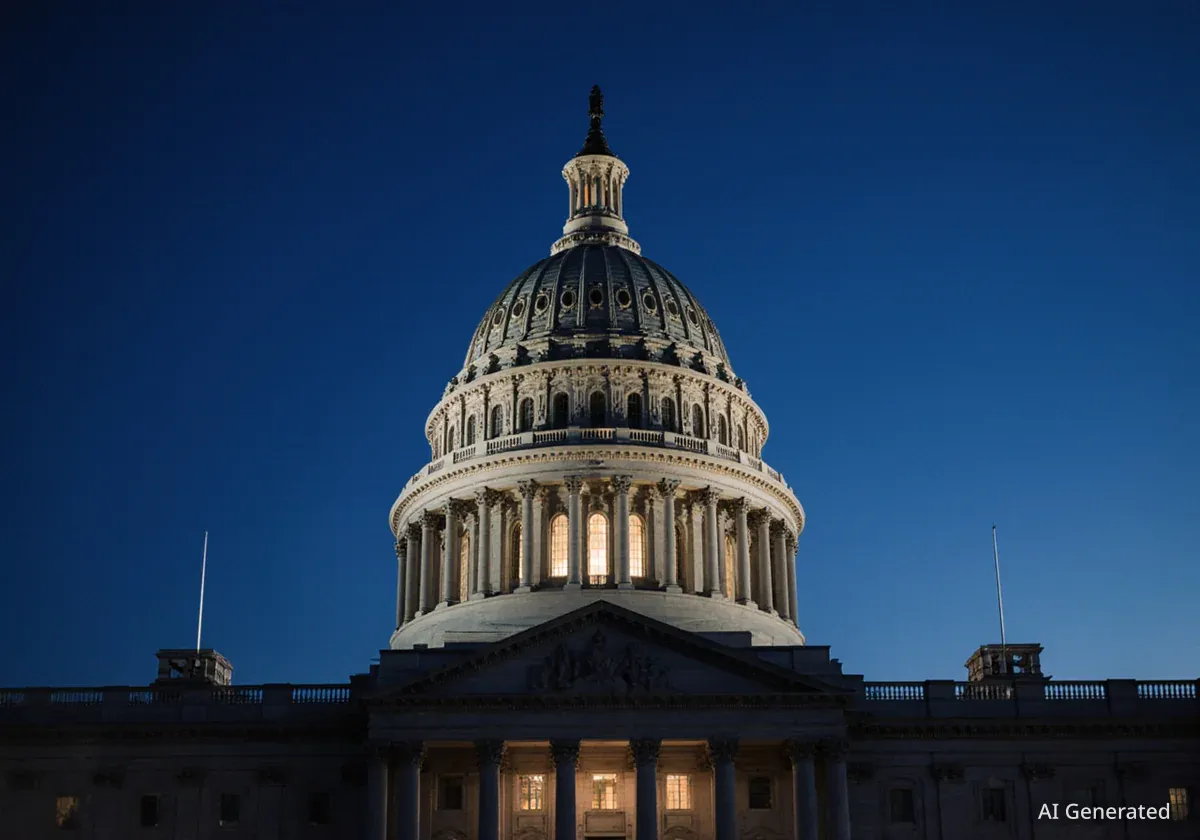California Governor Gavin Newsom has signed a bill into law that repeals a controversial state policy allowing for criminal penalties against parents of chronically truant students. The original law, enacted in 2011, was a signature initiative promoted by Vice President Kamala Harris during her tenure as San Francisco District Attorney and later as California's Attorney General.
Key Takeaways
- Governor Gavin Newsom signed Assembly Bill 461, officially ending California's parental truancy penalty law.
- The repealed policy, championed by Kamala Harris, made parents of chronically truant children eligible for a misdemeanor charge.
- A "chronic truant" was defined as a student missing 10 percent or more of school days in a single school year.
- The law drew significant criticism for criminalizing parents and became a point of contention during Harris's 2020 presidential campaign.
New Legislation Ends Parental Penalties
Governor Gavin Newsom has officially ended a decade-old policy by signing Assembly Bill 461. This new legislation removes the section of the state's education code that permitted misdemeanor charges, including potential fines and jail time, against parents whose children were frequently absent from school without a valid excuse.
The repeal bill was authored by Assemblymember Patrick Ahrens, a Democrat representing parts of the Bay Area. According to reports, Ahrens stated that his motivation for introducing the bill stemmed from his own childhood experiences and was not politically directed at Vice President Harris.
Details of the Repeal
Assembly Bill 461 directly strikes the legal language that made it a misdemeanor for a parent or guardian to fail to compel their child's school attendance. The change reflects a statewide shift away from punitive measures and toward more supportive interventions for addressing student absenteeism.
Origins of the Controversial Truancy Policy
The policy's roots trace back to Kamala Harris's time as San Francisco's District Attorney, where she initiated a similar anti-truancy program. After becoming California's Attorney General, she continued to advocate for the approach, which was codified into state law in 2011.
At the time, Harris argued that the measure was a necessary tool to combat a serious problem. She framed chronic absenteeism as a precursor to more significant issues, suggesting it could lead to young people becoming involved in crime.
Harris once described chronically truant students as a potential “menace to society hanging out on the corner,” arguing that a strict policy was required to ensure children remained in school and on a path toward productive lives.
The law defined a "chronic truant" as any student who missed 10% or more of the school year without a valid reason. This threshold triggered a process that could ultimately lead to legal action against the student's parents or guardians.
National Scrutiny and Acknowledged Regrets
The truancy law became a significant liability for Harris during her 2020 presidential primary campaign. Critics pointed to the policy as an example of a punitive, "tough on crime" approach that disproportionately affected low-income families and communities of color. Media coverage highlighting instances of parents being arrested and handcuffed for their children's absences sparked widespread public criticism.
Faced with this backlash, Harris publicly walked back her staunch support for the law's criminal penalties. In 2019, she addressed the unintended consequences of the policy.
A Shift in Stance
During a 2019 interview, Harris acknowledged the negative impacts of the law. "I regret that that has happened," she said, referring to the criminalization of parents. "And the thought that anything I did could have led to that, because that certainly was not the intention.” This statement marked a significant departure from her earlier defense of the policy.
Opponents of the law argued that it failed to address the root causes of absenteeism, such as poverty, lack of transportation, health issues, or bullying. Instead, they contended, it punished families already struggling with significant challenges.
Political Dynamics and Future Implications
The repeal of this law occurs within the broader context of the long-standing political relationship between Governor Newsom and Vice President Harris. Both rose through San Francisco's political ranks and have been viewed as both allies and potential rivals for future national office.
While the bill's author has downplayed any connection to the Vice President, the timing of the repeal closes a chapter on one of the more contentious aspects of her record as a prosecutor and attorney general in California. The move aligns with a broader trend in criminal justice reform that favors intervention and support over punitive measures, especially in matters involving juveniles and families.
The original article noted a passage from a memoir by a former Harris aide, which described a moment of political tension between the two leaders. However, official statements regarding the bill's signing have focused solely on education policy rather than any personal or political dynamics.
With the signing of AB 461, California now joins other states in rethinking how to best address chronic student absenteeism, signaling a move toward strategies that aim to support, rather than penalize, students and their families.





